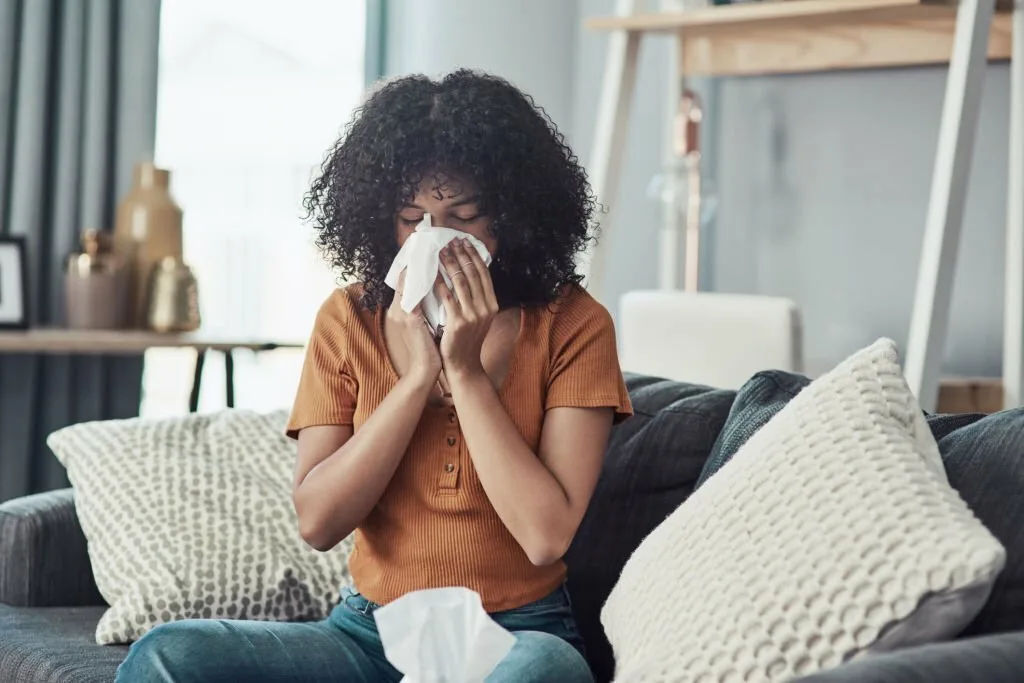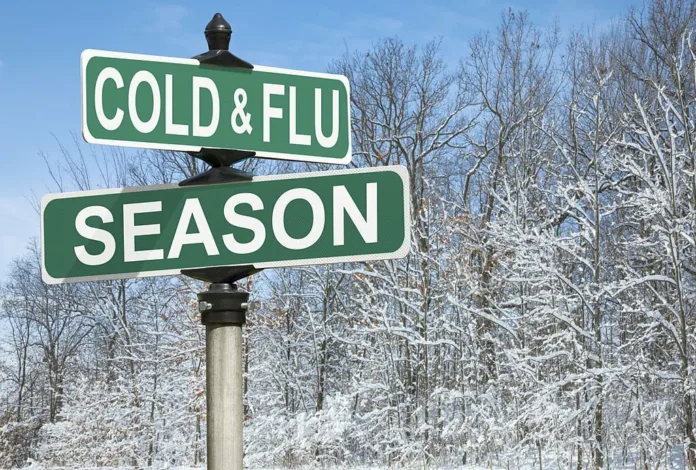Seasonal flu is a respiratory illness caused by the influenza virus. It can spread through the air by coughing or sneezing, or through contact with contaminated surfaces. The flu can cause a variety of symptoms, including fever, cough, sore throat, runny or stuffy nose, muscle or body aches, headaches, fatigue, and sometimes vomiting and diarrhea (more common in children than adults).
The flu season typically runs from October to May, but it can vary from year to year. It’s important to take steps to protect yourself and your loved ones from the flu during this time.
Get a flu shot
The best way to protect yourself from the flu is to get a flu shot every year. The flu shot is a safe and effective vaccine that can help prevent you from getting sick. The CDC recommends that everyone 6 months of age and older get a flu shot every year.
Practice good hygiene
Another important way to protect yourself from the flu is to practice good hygiene. This includes washing your hands often with soap and water, especially after using the bathroom, before eating, and after being around someone who is sick. If soap and water are not available, use an alcohol-based hand sanitizer.
Avoid touching your face
Flu viruses can enter your body through your eyes, nose, and mouth. To help prevent this, avoid touching your face as much as possible. If you do need to touch your face, wash your hands first.
Stay home if you’re sick
If you do get the flu, it’s important to stay home from work or school to avoid spreading the virus to others. Get plenty of rest, drink fluids, and take over-the-counter medications to relieve your symptoms. If your symptoms are severe or do not improve after a few days, see a doctor.

In addition to the tips above, there are a few other things you can do to stay healthy during flu season:
Eat a healthy diet and get regular exercise.
Manage stress.
Get enough sleep.
Avoid smoking and secondhand smoke.
Clean and disinfect frequently touched surfaces in your home, such as doorknobs, light switches, and countertops.
What to do if you get the flu
If you do get the flu, there are a few things you can do to relieve your symptoms and help yourself recover:
Get plenty of rest.
Drink fluids to stay hydrated.
Take over-the-counter medications to relieve fever, aches, and pains.
Use a humidifier or take a hot shower to help relieve congestion.
If your symptoms are severe or do not improve after a few days, see a doctor. They may prescribe antiviral medications to help shorten the duration of your illness and reduce the risk of complications.
Conclusion: The flu is a serious illness that can cause hospitalization and even death. By following the tips above, you can help protect yourself and your loved ones from the flu.




